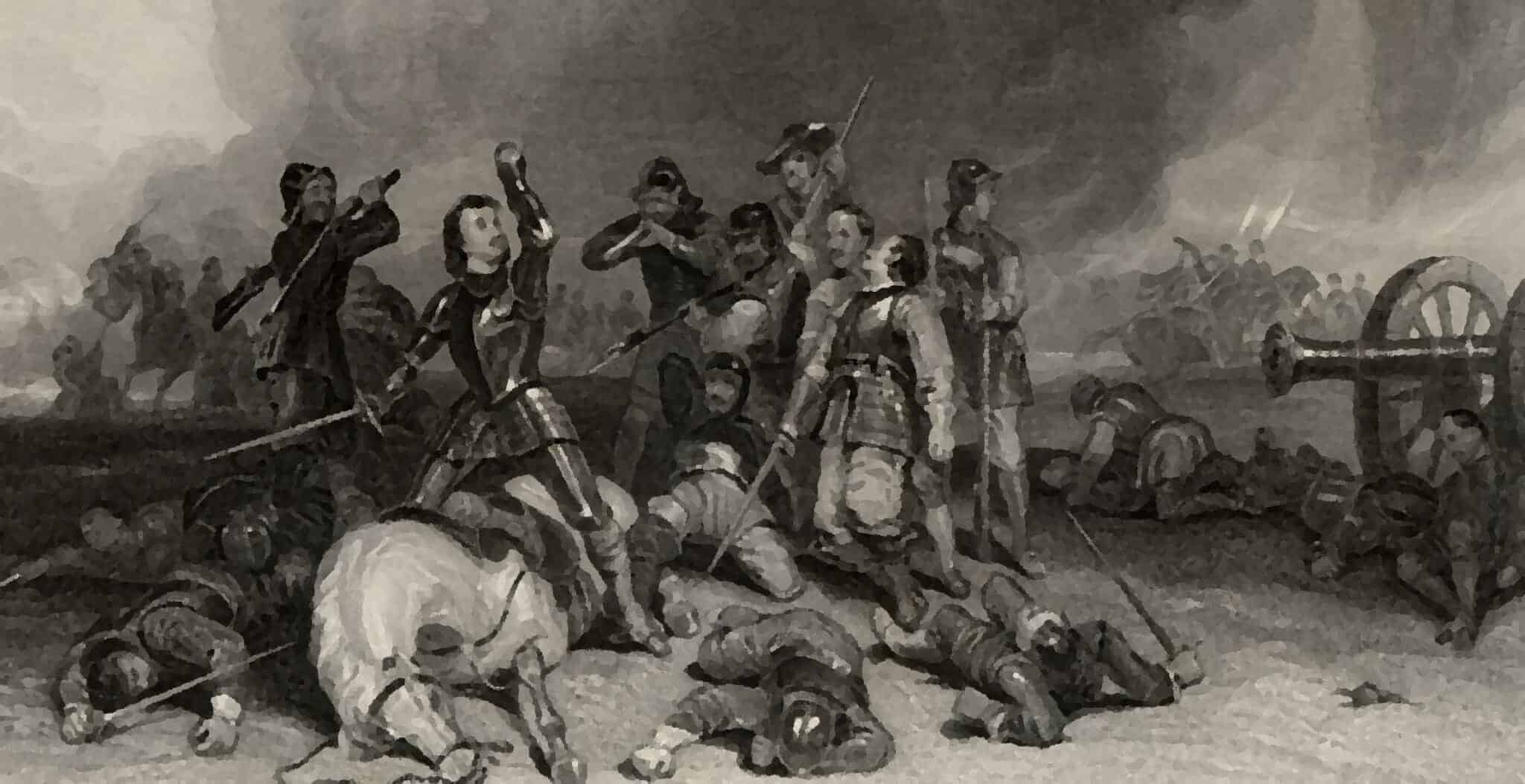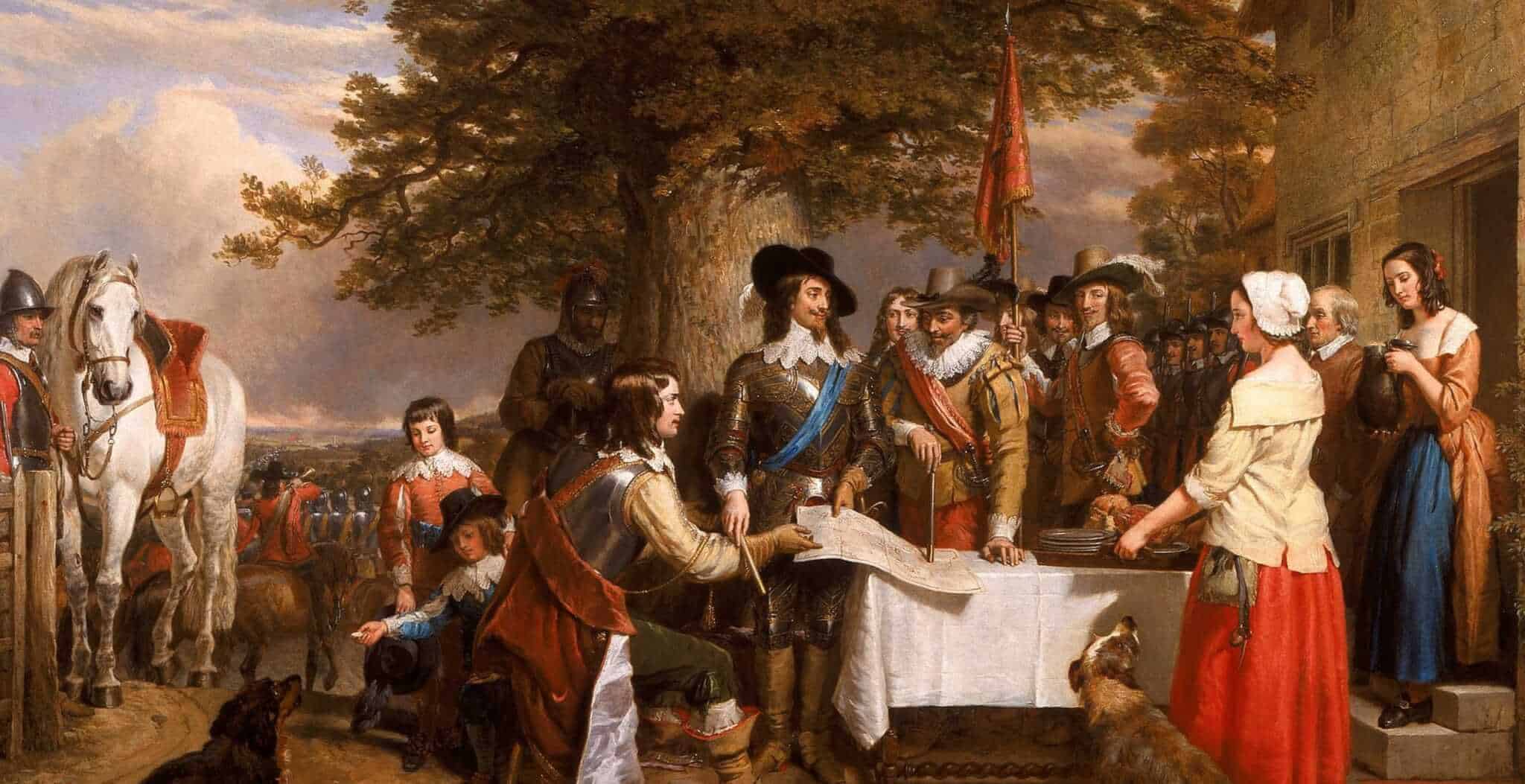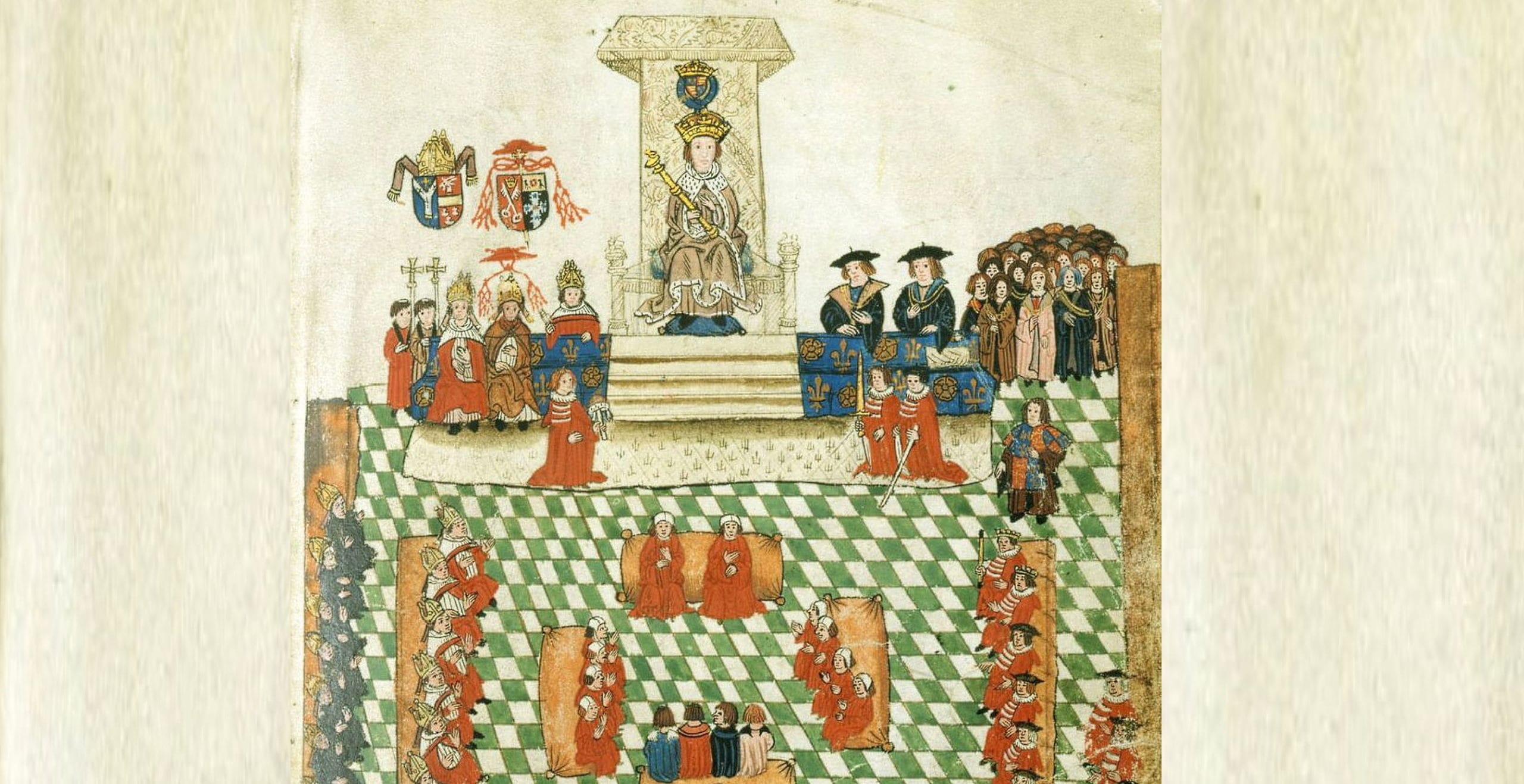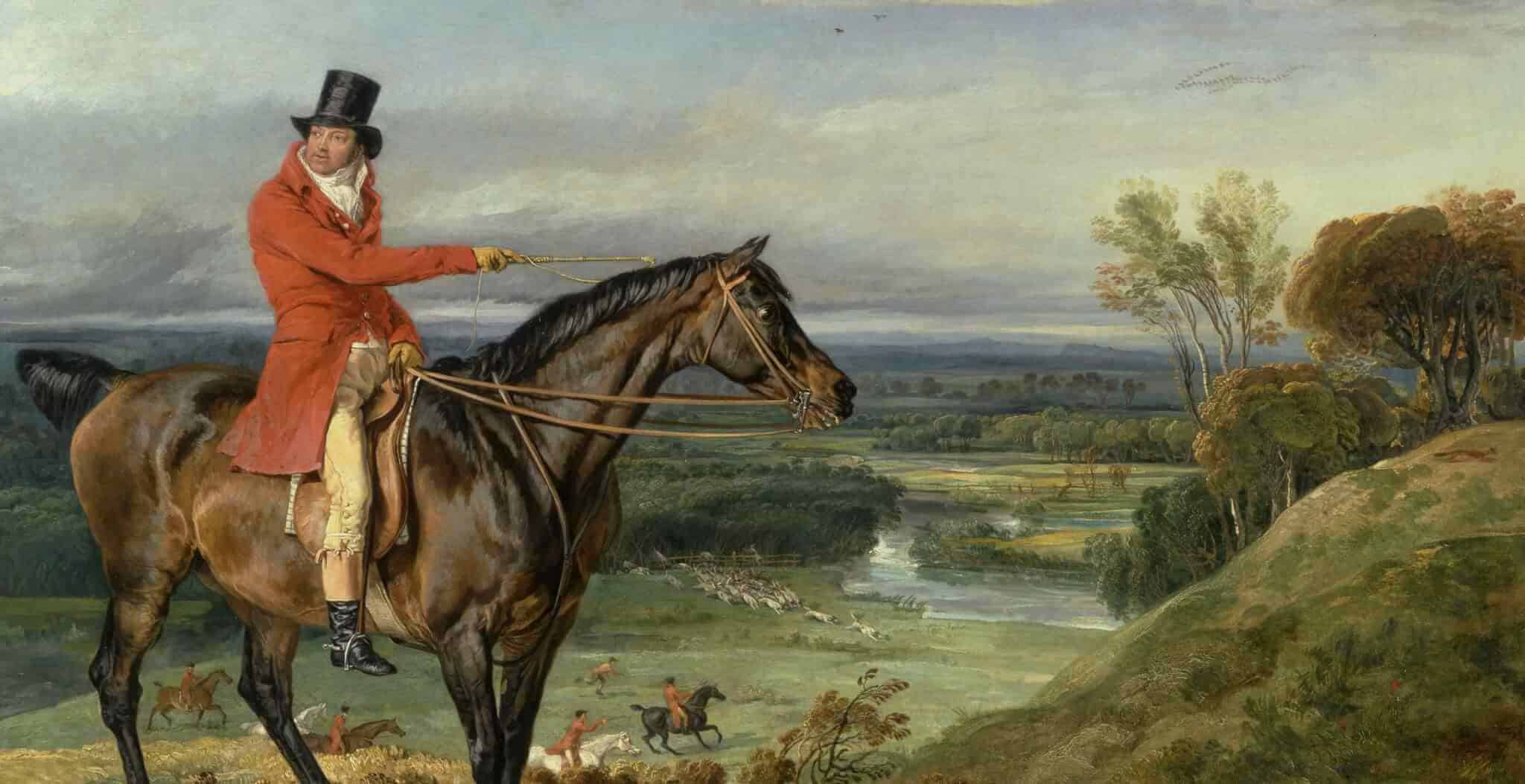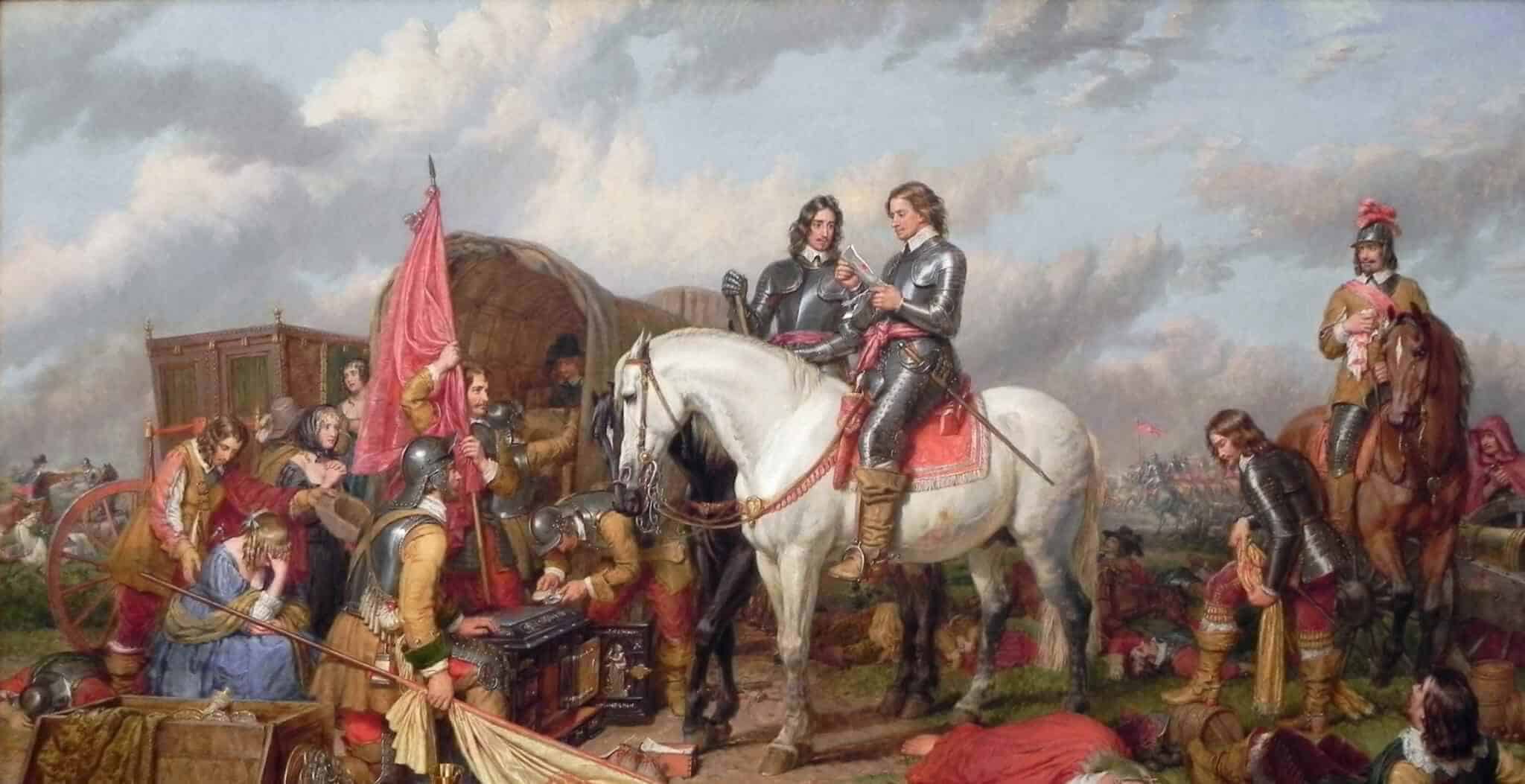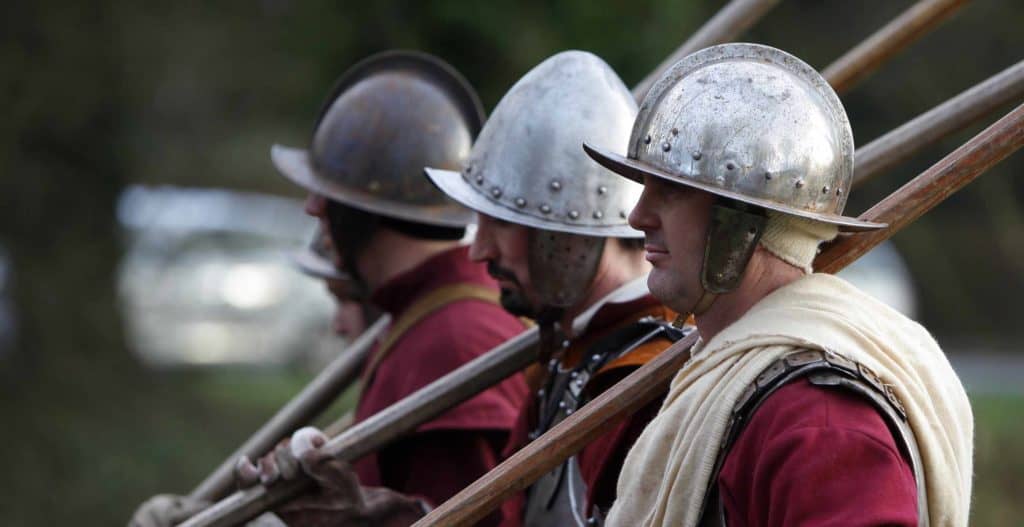In the 17th century struggle for power between King and Parliament known as the English Civil War, the two sides again sought to establish control on the battlefield after wintering at home.
The armies clashed mid-afternoon on 19th March 1643 at Hopton Heath, just outside Stafford. Lying on the strategic supply route between the royalist capital of Oxford and the ports of Yorkshire, it was important to both sides to control Stafford and the Midlands.
In front of his 1,200 troops, mostly cavalry, the Royalist (Cavalier) commander, the Earl of Northampton led his forces out to confront a Parliamentarian (Roundhead) army 1,500 strong. Although Northampton was killed in action, the battle was indecisive in its outcome.
Click here for a battlefield map.
Key Facts:
Date: 19th March, 1643
War: English Civil War
Location: Hopton Heath, Staffordshire
Belligerents: Royalists and Parliamentarians
Victors: Indecisive
Numbers: Royalists 1,200, Parliamentarians 1,500
Casualties: Between 300 – 500
Commanders: Spencer Compton (Royalists), Sir John Gell (Parliamentarians – pictured at the top of this article)
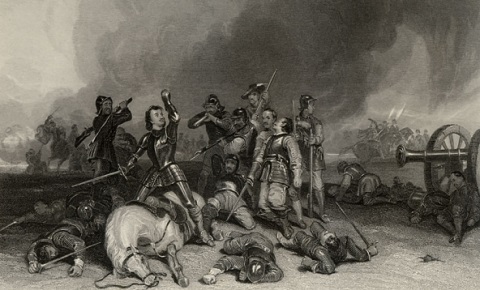
More Battles in the English Civil War:
| Battle of Edgehill | 23 October, 1642 |
| Battle of Braddock Down | 19 January, 1643 |
| Battle of Hopton Heath | 19 March, 1643 |
| Battle of Stratton | 16 May, 1643 |
| Battle of Chalgrove Field | 18 June, 1643 |
| Battle of Adwalton Moor | 30 June, 1643 |
| Battle of Lansdowne | 5 July, 1643 |
| Battle of Roundway Down | 13 July, 1643 |
| Battle of Winceby | 11 October, 1643 |
| Battle of Nantwich | 25 January, 1644 |
| Battle of Cheriton | 29 March, 1644 |
| Battle of Cropredy Bridge | 29 June, 1644 |
| Battle of Marston Moor | 2 July, 1644 |
| Battle of Naseby | 14 June, 1645 |
| Battle of Langport | 10 July 1645 |
| Battle of Rowton Heath | 24 September, 1645 |
| Battle of Stow-on-the-Wold | 21 March, 1646 |
